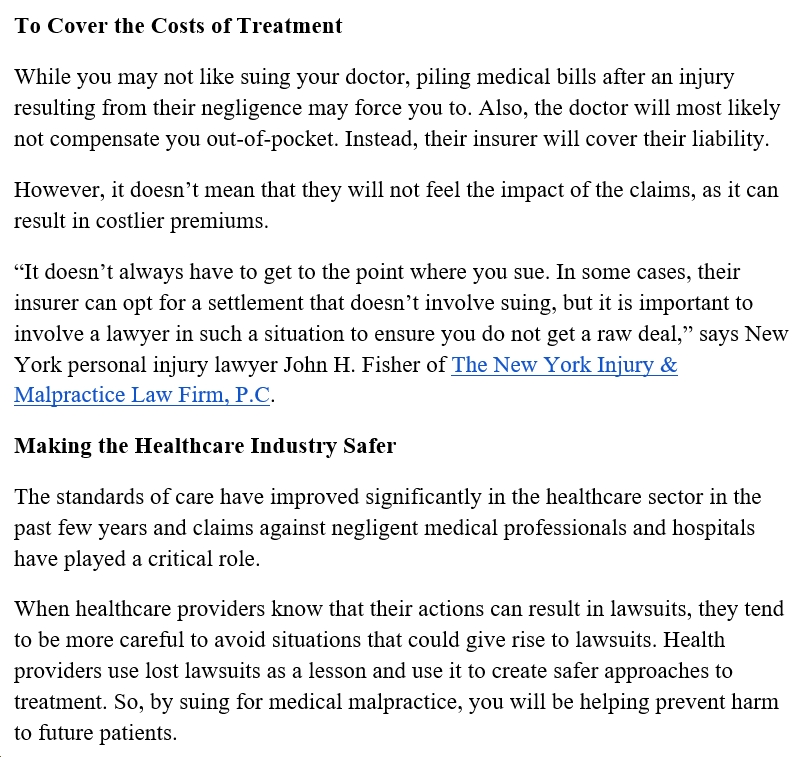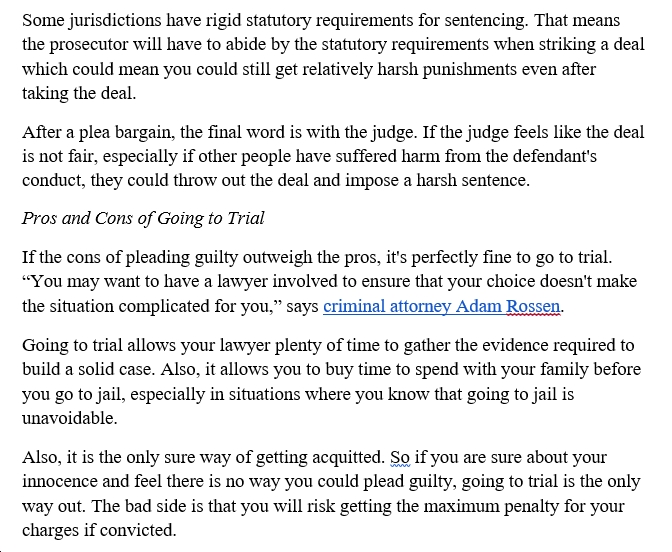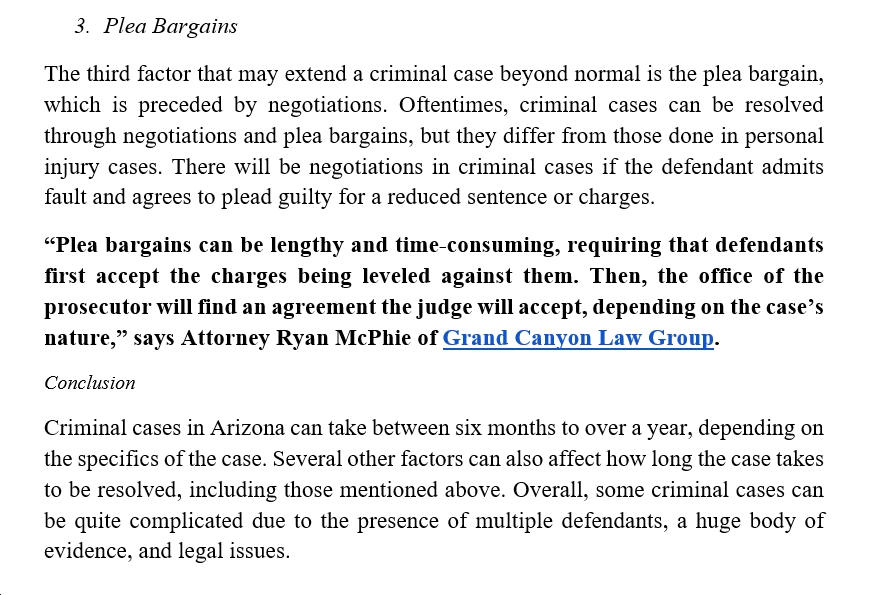SPONSORED CONTENT
Statistics show that between 40 and 50 percent of all marriages in America end in divorce. With such a high divorce rate, it is possible to think that the whole experience is easy, but it is not. In fact, many people that go through a divorce describe it as the lowest point of their lives.
During the divorce, it is possible to make hasty decisions out of elevated emotions or pressure to finalize the stressful issues. When that happens, you may not think through all essential issues, especially alimony, making it necessary to revisit the matter later if you become financially strained. Unfortunately, the requirements for proving a necessary adjustment of alimony is a high bar to reach, so a person should attempt to secure the strongest possible agreement before the divorce is final.
What is Alimony?
Alimony is a form of safety net or support offered by one spouse to another to cushion them from the effects of the sudden change of financial status resulting from the divorce.
This often applies if one spouse had sacrificed his or her life to be a stay-at-home parent. When a divorce happens under such circumstances, their lives could drastically change, thus requiring their other ex-spouse to pay alimony.
Typically, divorcees agree on alimony in the initial phases of a divorce proceeding, with the court rarely needing to adjust the agreement in the final ruling. However, that does not mean that one party cannot bring up the matter later.
Supposing the divorcees disagree, the court can exercise its discretion in awarding alimony with the laws surrounding the matter, which differ from state to state. Typically, the court looks at the financial evidence of the spouses – their ability to provide for their everyday needs – and then decides who takes what.
Who Gets Alimony and How Much?
Traditionally alimony was awarded to the wife. But in today’s setting where all genders have equal opportunities, any partner can receive maintenance.
Under normal circumstances, alimony is awarded on a rehabilitative basis. Rehabilitative-based spousal support stops at a set date, or if the person receiving the alimony becomes self-sufficient or remarries.
Depending on the jurisdiction, fault can be a consideration when awarding alimony. This means the amount of alimony one receives can be high or lower based on their contribution to the factors leading to the dissolution of the marriage.
Seeking Alimony After a Finalized Divorce Case
After the final divorce hearing and ruling, the divorce case is more or less closed. However, circumstances can change for an ex-spouse after the divorce, creating the need to revisit the issue of alimony. In almost all jurisdictions, the court requires the party in need of alimony to prove a change of circumstances.
“You must be ready for a spirited fight because your ex-partner won’t take it lying down,” says family attorney Kevin Colwell of The Colwell Law Group. And the courts won’t allow it easily either. The court could consider the loss of a job or a failed business as a change of circumstance.
However, the party seeking alimony must prove that the circumstances were unforeseeable at the time of the final divorce ruling and caused a substantial change in their financial status. This is highly difficult to do. As a result, it is best to work with a lawyer before the divorce is final in order to secure a fair alimony agreement. Although the law allows for adjustments later on, it is more likely than not to be unsuccessful.
















